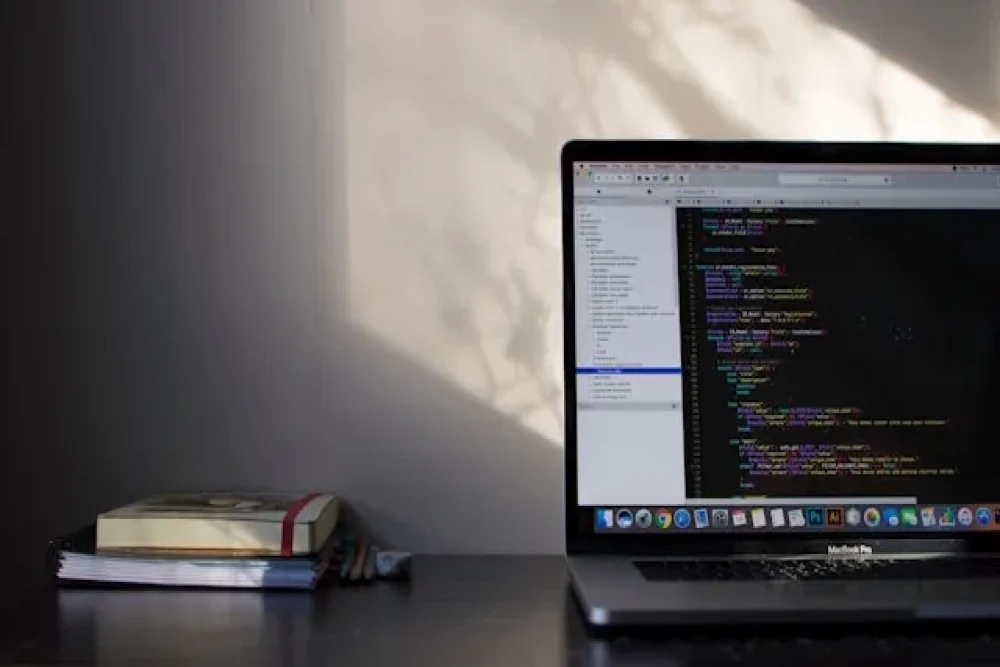Choosing the right app development language is one of those decisions that has a huge impact on your project's success. It influences everything from development speed to long-term maintenance. However, there's no single "best" language that wins every time. Let's break down the key options and factors to consider, so you can make the best choice for your specific app project.
Factors to Consider When Choosing an App Development Language
-
Target Platform: Are you building for iOS, Android, or both? Some languages are platform-specific, while others are cross-platform.
-
Project Type: Is this an e-commerce app, a game, or something entirely different? Different project types benefit from languages with certain strengths.
-
Developer Experience: Does your team have existing expertise, or will they be learning a new language? Consider learning curves and available resources.
-
Performance Needs: Does your app require blazing-fast speeds or complex computations? Some languages are optimized for performance.
-
Long-Term Maintainability: How easy is it to update and maintain the app over time? Choose a language with a solid community and ecosystem.
Deep Dive into Popular App Development Languages
-
JavaScript (React Native, Node.js): Great for its adaptability to both web and mobile development environments. Leverages a massive developer community and rich ecosystem of tools and libraries. While performance may not match truly native options, it offers significant speed advantages in development time.
-
Java: The time-tested powerhouse behind countless Android apps. Benefits from extensive libraries, excellent tooling, and a vast community of developers. While Java can feel verbose compared to newer languages, its maturity brings stability and reliability.
-
Swift: Apple's language of choice, offering tight integration with iOS devices, superior performance, and a focus on code safety. Ideal if your app is exclusively targeting the Apple ecosystem.
-
Kotlin: Considered an evolution of Java for Android, streamlining syntax, promoting safer code, and offering fantastic interoperability with existing Java codebases. While its community is smaller than Java's, Kotlin's rising popularity ensures strong support.
-
C# (Xamarin): A powerful contender for cross-platform development, leveraging the .NET framework and offering excellent performance. For teams with existing C# experience, Xamarin provides a smooth path into mobile app development.
-
Flutter (Dart): Google's UI framework has been turning heads thanks to its focus on beautiful, fast, and customizable interfaces. While Dart may be less familiar to some, Flutter's growing ecosystem and cross-platform capabilities make it a compelling choice.
Niche Languages Worth Considering
-
C++: If raw performance is the highest priority (high-intensity games), C++ offers maximum control. Can be complex to develop in.
-
Python: Great for data-driven apps and backend logic, beginner-friendly. Not as ideal for mobile frontends in most cases.
Making the Right Choice: Additional Considerations
-
Hybrid vs. Native: Dig deeper into this critical decision. Discuss performance, development speed, and user experience trade-offs.
-
Future-Proofing: Analyze language trends, community support, and how different language choices align with your app's potential roadmap.
-
Finding the Right Developers: Emphasize the importance of balancing project needs with the available talent pool for different languages.
Conclusion
There's no one-size-fits-all answer when it comes to the "best" app development language. The ideal choice depends on your specific project requirements, team expertise, and long-term goals. Need help to choose? The team at WezApps Limited can guide you toward the perfect solution for building a successful, scalable, and maintainable app.
Get a free consultation:
Contact us today for a free app development consultation and let us help you make informed decisions about your project!


